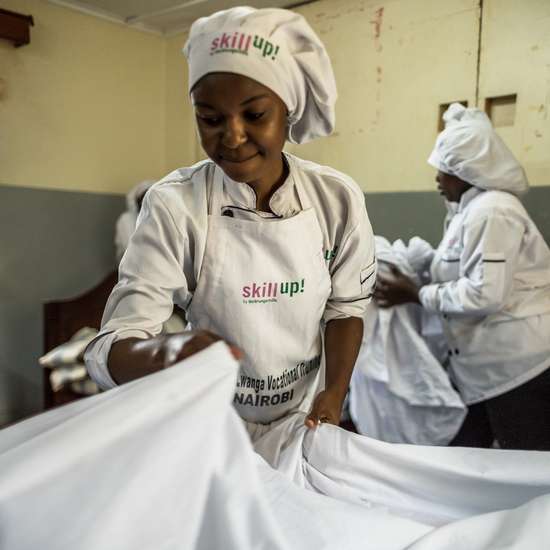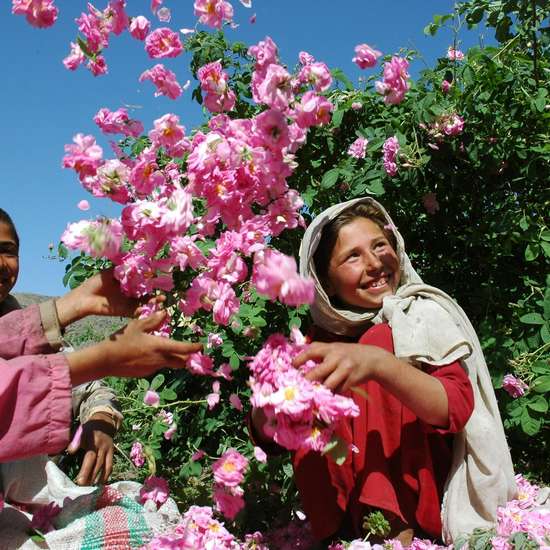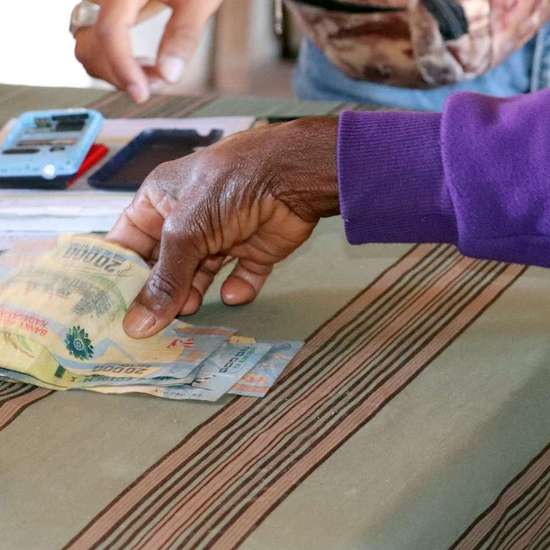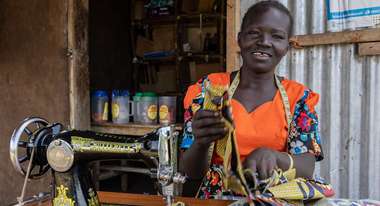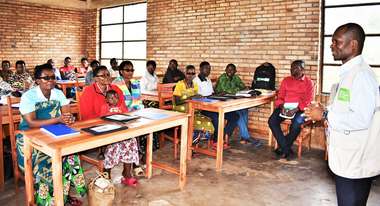The Position Paper on Rural Development sums up Welthungerhilfe’s programs and political approaches that aim to improve the conditions in which people in poor rural regions of the Global South live.
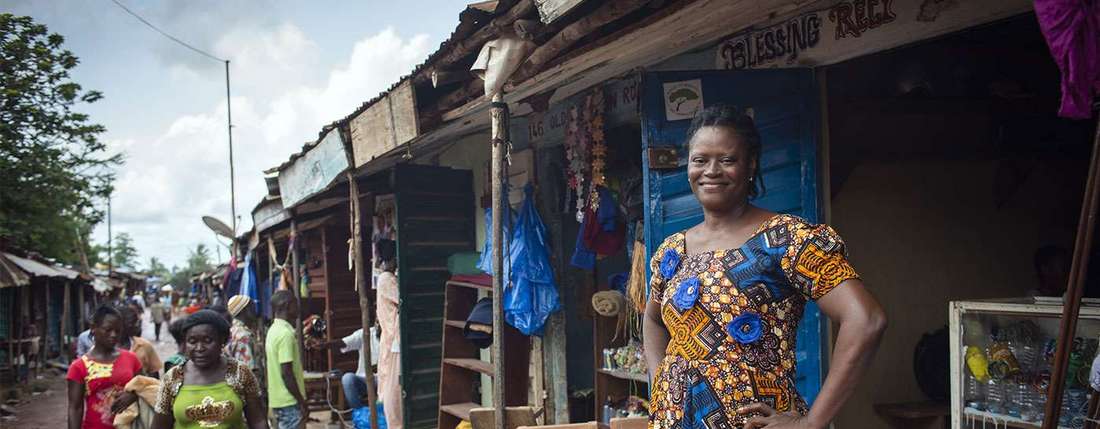
Economic Development
Acknowledging the complexity of eradicating hunger, Welthungerhilfe (WHH) includes economic development and education in its multi-sectoral approach to tackle the causes of hunger and malnutrition sustainably.
Challenge
Hunger is, above all, a consequence of poverty. Those families with insufficient money for food are not able to look after their own health nor invest in education for their children.
In the countries WHH works in, youth unemployment is a big issue, interrelated with strong demographic growth and volatile economic development. However, according to estimates from the World Economic Forum, economic growth in the agricultural sector reduces poverty eleven times more than growth in other areas. Investments in sustainable small-scale agriculture offer great potential.
Our approach
WHH focuses on empowering communities to fulfil their right to adequate food and nutrition security. In using market-based approaches, we view community members as consumers, producers, entrepreneurs and pursue solutions that make markets more efficient, competitive and inclusive.
We believe that training young people and creating job opportunities in poor regions is key to development, economic growth and the way out of hunger and poverty. This is where Welthungerhilfe’s cross-border 'SkillUp!' program comes in. In Kenya, Sierra Leone, Uganda, and Tajikistan it offers a range of locally adapted vocational training modules and teaches young people the technical, business and life skills to pursue their own professional goals.
Our impact
In 2011, WHH launched the Green Colleges Initiative in India. The Green Colleges train rural youth in 'green trades', combining traditional wisdom with scientific techniques to help them become 'ecopreneurs' and to enable them to have better access to technology, finances, and market. Of the more than 40,000 trainees to date, over 36,000 have successfully established their own small farms or enterprises, while more than 200 of them have become trainers themselves. The initiative has now moved beyond India and into countries like Uganda. At twelve Green Colleges in that country, around 1,500 young people are receiving training.
WHH established its flagship SkillUp! program based on this success. To date, more than 5,000 young people have taken part in training. WHH envisions the lives of 15,000 people will be improved by the end of the program.
In western Kenya, a large proportion of smallholders are involved in dairy farming. WHH is supporting more than 2,500 dairy farmers to increase the quality and quantity of their production and to gain better market access through cooperatives. This offers women and young people in particular access to knowledge and imroved opportunities to earn a living.





